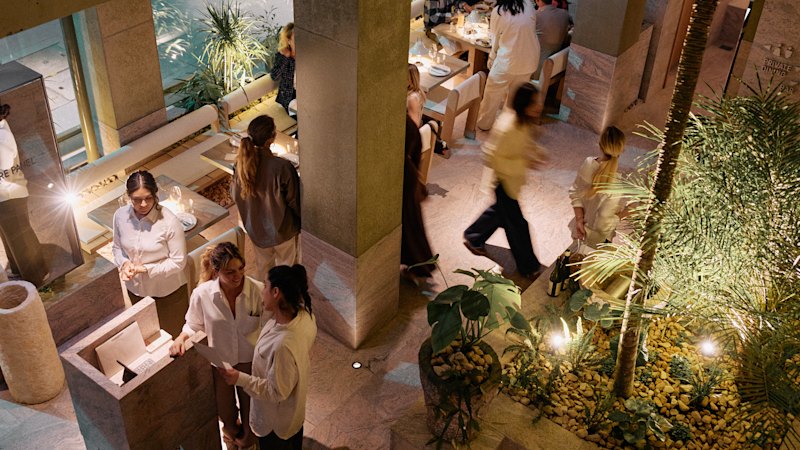
A prominent restaurateur in Brisbane has reignited discussions surrounding the city’s late-night dining options and the broader implications for its night-time economy. The call for extending restaurant operating hours until 2:00 AM has prompted local officials and business owners to reassess the current regulations governing nightlife in the area.
According to the restaurateur, whose identity remains undisclosed, the existing closing times limit the potential for a vibrant night-time economy in Brisbane. The restaurant sector is crucial for the local economy, and extending hours could increase patronage, boost employment, and enhance the city’s appeal as a nightlife destination.
As Brisbane continues to develop its image, the restaurateur argues that the city should align itself with other major Australian cities like Melbourne and Sydney, where late-night dining and entertainment are more commonplace. This perspective echoes sentiments from the Australian Bureau of Statistics, which indicates a growing demand for diverse night-time experiences.
Current Regulations and Economic Impact
Currently, Brisbane’s restaurants must close by midnight, a regulation that proponents of change claim hampers economic growth and restricts social opportunities. The Queensland Government has acknowledged the debate but has not yet implemented any changes. Local policymakers are considering various factors, including safety, noise complaints, and the overall impact on the community.
Statistics highlight significant potential benefits of extending operating hours. Data from the Australian Bureau of Statistics reveals that more than 40% of Australians aged 18-34 frequent restaurants or bars at night. This demographic shift suggests a promising market for restaurants willing to cater to late-night clients.
Additionally, hospitality experts point out that extended hours can lead to increased revenue. For instance, restaurants that stay open later can generate an additional $1.5 million per year in revenue, benefitting both business owners and employees.
Community Reactions and Future Considerations
Community responses to the proposal have been mixed. Some residents support the idea of a bustling night-time economy, arguing that it could create a lively atmosphere and attract tourists. Others express concerns regarding noise levels and safety during late-night hours.
Local business owner Jane Doe from the popular restaurant Eatery XYZ stated, “We want to create a welcoming environment for everyone, but we also need to ensure that our operations do not disrupt the community.” This sentiment reflects the balancing act that local authorities must navigate while considering any changes to closing regulations.
As discussions continue, stakeholders are encouraged to engage with the community to address concerns and explore potential solutions that accommodate both business aspirations and residential peace. A public forum is scheduled for April 10, 2024, where community members can voice their opinions and contribute to the ongoing debate.
In summary, the conversation surrounding late-night dining in Brisbane is gaining momentum, with significant implications for the city’s economy and social fabric. As local officials review the current regulations, the outcome could reshape the nightlife landscape and offer new opportunities for growth in the hospitality sector.






